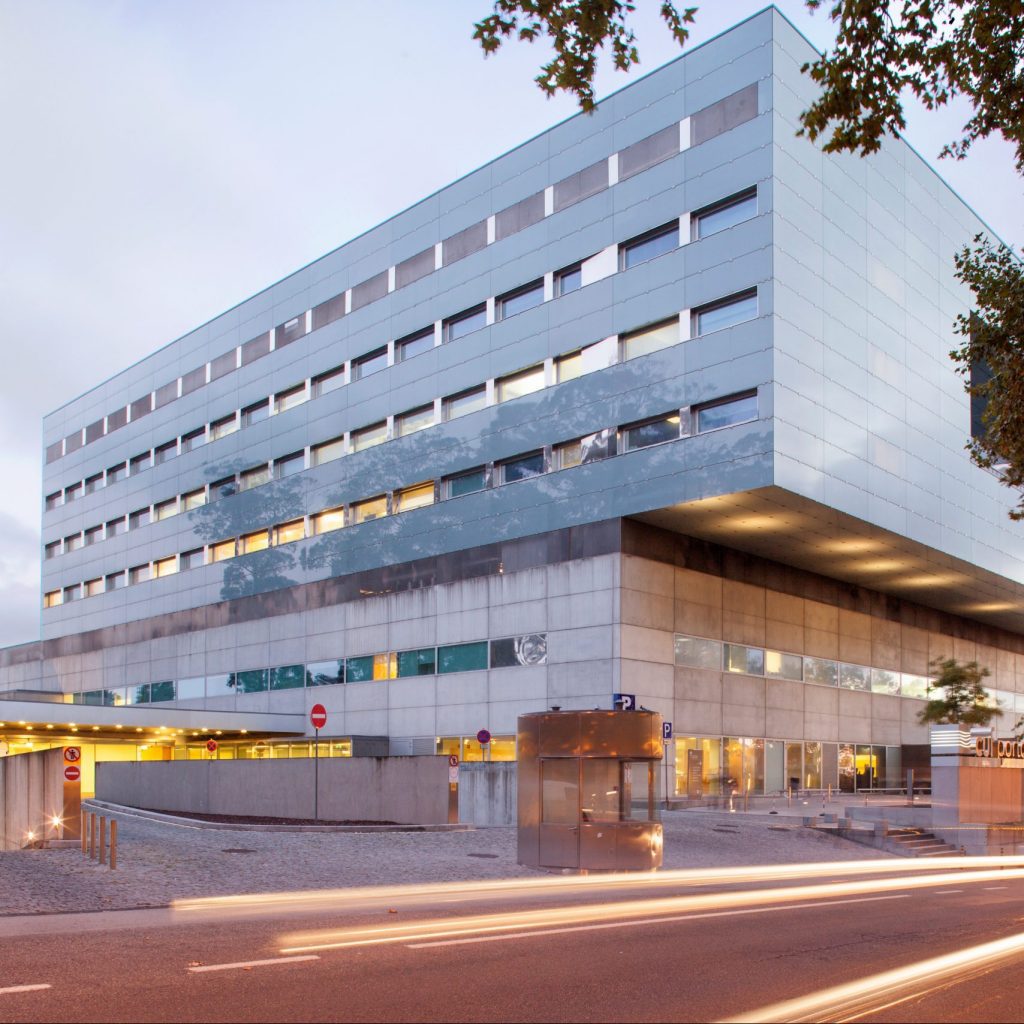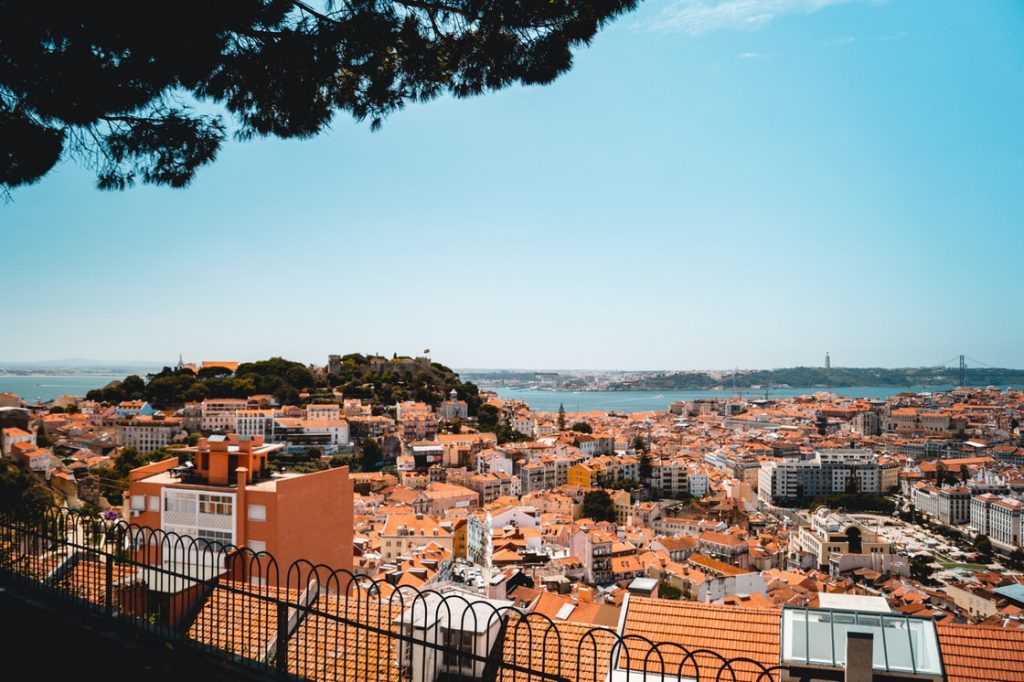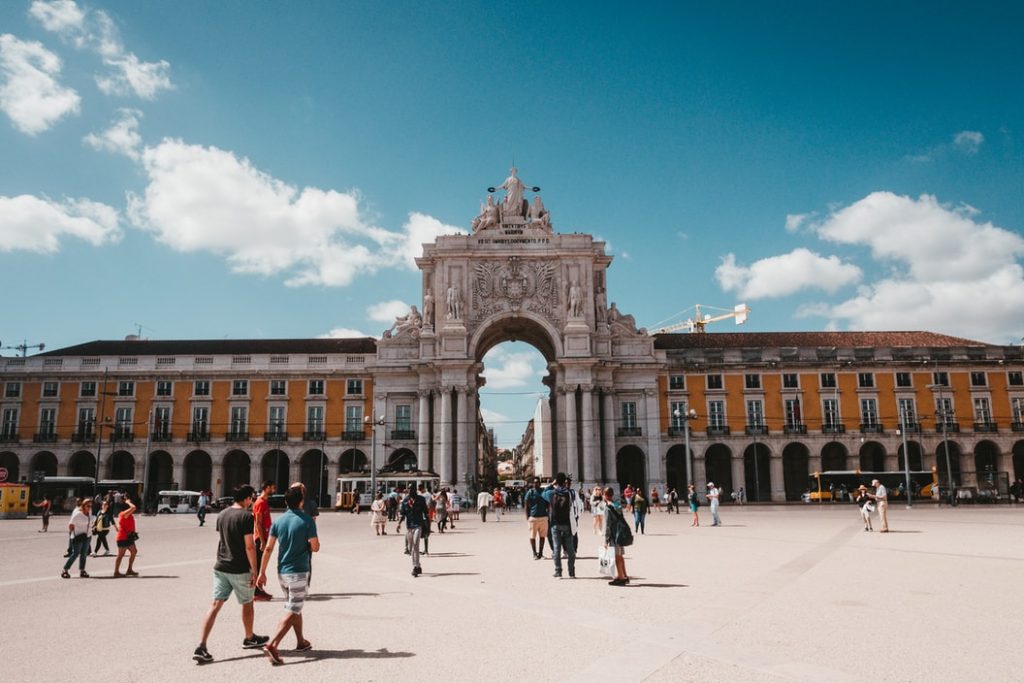Travel To Portugal
Being considered the Europe’s Leading Destination 2020 and 2019 World’s Leading destination, Portugal has a lot of reasons to welcome you.
The country’s history and culture, gastronomy and wines, are among the main attractions, not to mention the beaches, surfing, music festivals, golf, the varied landscapes and, above all, the Portuguese people, who are seen as affable, open and sincere.

By plane
You can travel to mainland Portugal for essential and non-essential travel.
Portugal is a stopover point for many foreign airlines at airports all over the country:
Lisbon
Portela
Airport
Funchal, Madeira
Funchal
Airport
Oporto
Dr. Francisco Sá Carneiro Airport
Ponta Delgada, Azores
João Paulo II
Airport
Faro
Faro
Airport
By road
You can enter Portugal by car or coach in several points of the country from north to south.
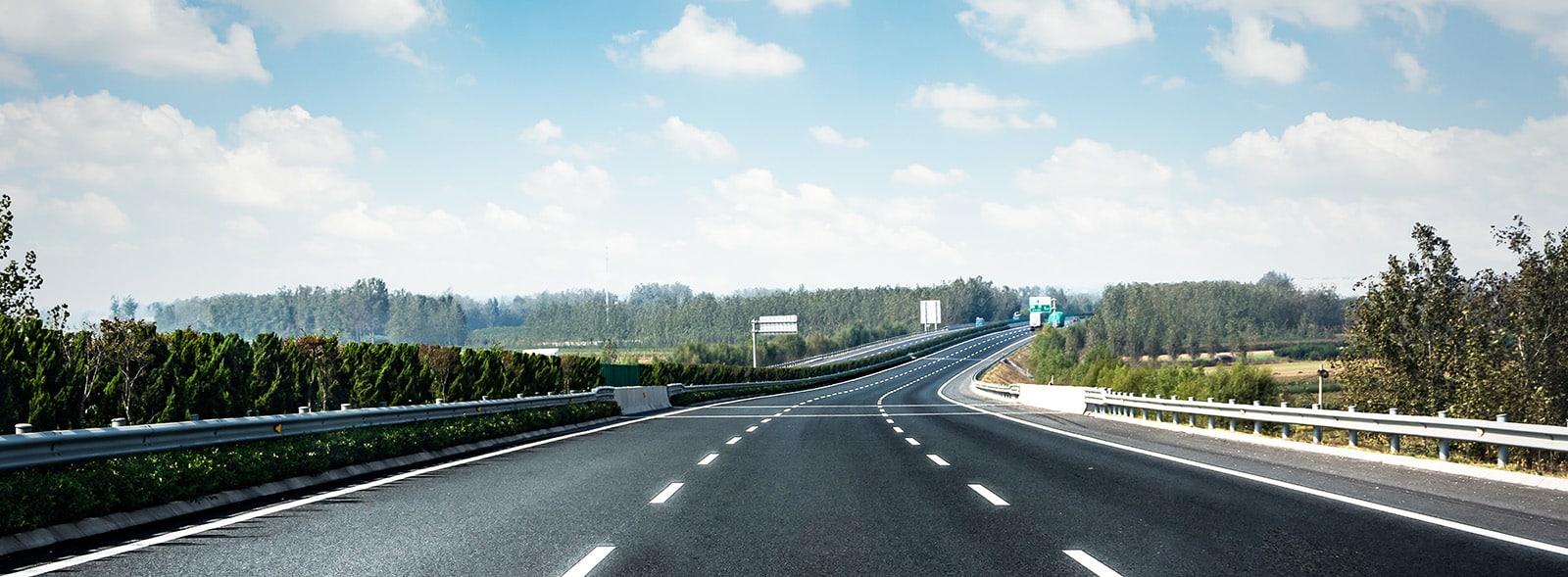
By car
In Portuguese territory it will be easy to travel by land between cities since Portugal has a good national road network, composed of:
Motorways (AE)
Main Trunk Routes (IP)
Complementary Trunk Routes (IC)
Main (National) Roads (EN)
Secondary (Municipal) Roads
By car rental
There are car rental services at airports, international rail terminuses and in the main towns and cities.
To rent a car you must:
Be over 21 or 25 years old, depending on the company’s rental policy;
Show identification (identity card for EU citizens or a valid passport for other nationalities)
Have had a driving licence for more than one year
Is important for you to know that there are two types of motorways:
- the traditional motorways with toll booths, where payment is made either in cash or by bank card. These motorways also have a Via Verde (green channel) for those who have an electronic device identifying their vehicle (viaverde.pt).
- and motorways that have an exclusively electronic toll system. This system consists of gateways mounted on highways that detect vehicles passing through, there being no need for physical toll booths or for vehicles to stop. A panel near each gateway shows the toll fees to be paid.
All the stretches of road using this t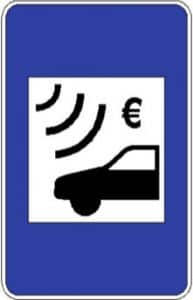 ype of toll system are duly identified with the following signage.
ype of toll system are duly identified with the following signage.
If you use these roads with a foreign-registered vehicle, you must have an activated means of payment.
Click here to see the options and choose the most convenient method so as to enjoy your trip to Portugal.
If you use these roads with a Portuguese vehicle make sure that you have the electronic toll system
For more information visit http://www.portugaltolls.com

By Train
The Portuguese railway company, offers international train services to Vigo, Madrid and Paris.
You can also travel all over the country by train, using domestic routes.
Train types in Portugal
The top-of-the-range “Alfa Pendular” trains offer the fastest and most comfortable rail link between Lisbon and the Algarve and, in the north, Oporto or Braga, with stops in Coimbra.
The “Intercidades” or Intercity service covers the Lisbon-Oporto-Guimarães, Lisbon-Guarda, Lisbon-Covilhã, Lisbon-Évora-Beja and Lisbon-Faro routes.
The international Sud-Express train and Lusitânia hotel-train leave from Lisbon.
There is a vast network of regional, inter-regional and suburban trains covering the whole of the country.
By Sea
Same rules as arriving by air apply.
Portugal has access by sea mainly in 3 cruise ports:
Lisbon
Funchal, Madeira
Oporto
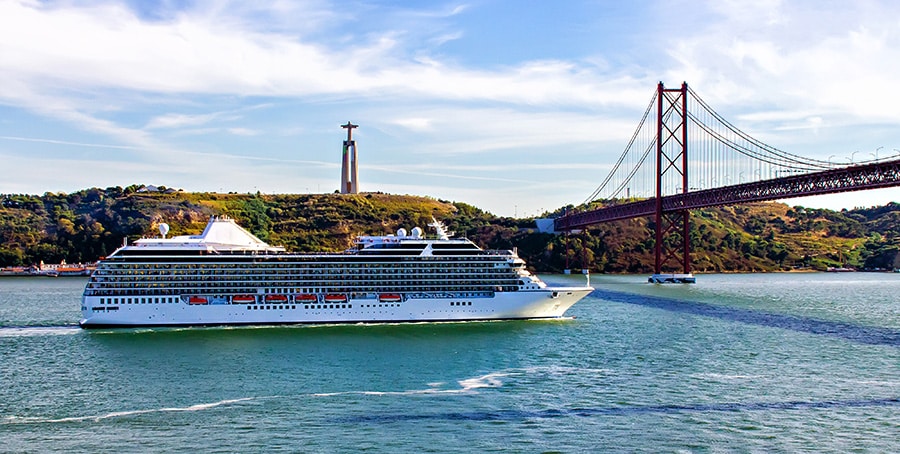
Entry Formalities
Citizens who only need an identity card to enter Portugal and whose minors must also present authorisation from their parents to travel:
European Union, Iceland, Liechtenstein, Norway and Switzerland need only an identity card to enter Portugal.
Citizens who need a passport valid for at least three months after the end of their stay (for visits of less than 90 days):
Albania, Andorra, Antigua and Barbuda, Argentina, Australia, Bahamas, Barbados, Bosnia-Herzegovina, Brazil, Brunei, Canada, Chile, Costa Rica, Croatia, Guatemala, Holy See, Honduras, Israel, Japan, Macedonia, Malaysia, Mauritius, Mexico, Monaco, Montenegro, New Zealand, Nicaragua, Panama, Paraguay, Saint Kitts and Nevis, San Marino, Serbia, Seychelles, Singapore, South Korea, United States of America, Uruguay, Venezuela, Special Administrative Regions of the People’s Republic of China in Hong Kong and Macao and Taiwan territorial Authority
Citizens from countries not mentioned above need a visa to enter Portugal, which may be requested at the Portuguese Embassy or Consulate of their country for stays of up to 90 days.
Flights between Schengen states are considered to be internal flights and passengers do not need to obtain another visa.
Geography
Portugal is situated at the south-west point of Europe and also includes the Madeira and Azores archipelagos in the Atlantic Ocean. Mainland Portugal occupies an area of 218 km wide and 561 km long. It has 832 km of Atlantic coast and a 1,215 km border with Spain.
Portugal also includes The Madeira and Azores archipelagos in the Atlantic Ocean.
Azores archipelago consist of nine islands – São Miguel and Santa Maria in the Eastern Group, Terceira, Graciosa, São Jorge, Pico and Faial in the Central Group and Flores and Corvo in the Western Group. It takes about two hours to get from Lisbon to mainland Azores by plane.
The Madeira archipelago consists of the islands of Madeira and Porto Santo and the uninhabited Desertas and Selvagens islands, which are nature reserves. It takes about one and half hours to get from the Lisbon to mainland Madeira by plane.
Climate
The climate in Portugal varies considerably from one region to another and the temperatures are still mild when compared to the rest of Europe.
Portugal has a Mediterranean climate and there are often warm, sunny days in autumn.
In the Azores and Madeira archipelago the temperature is very pleasant all over the year and the same with the sea temperature.
Language
From a Latin root, Portuguese is spoken by about 250 million people in every continent, and is the 5th most spoken language in the world and the 3rd, if we only consider the European languages.
In Portugal there are lots of people who are able to communicate in English, French and Spanish.
COVID-19
Measures implemented in Portugal
Portuguese government has been taking all necessary public health measures to protect the entire population as well as our visitors.
Measures in force may be reviewed in accordance to the evolution of the pandemic.
Know the measures implemented in Portugal




